Hitchcock’s Spellbound (1945) is a visual master piece centered around the theme of amnesia (not-remembering) and then moments of remembering. How these two moments are visually portrayed is the beauty that lies in this film.
There isn’t only one way the film achieves this. In fact, there are several metaphors used throughout the film to represent not-remembering and remembering.
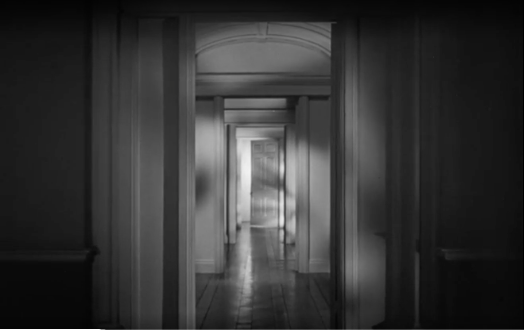
The main idea in each metaphor is that it has a similarity to a traumatic event that the main character has gone through in his childhood. So the metaphors also serve to represent the event visually. It is a childhood accident which can be visually described as a downward movement.
So the ‘general’ metaphor is black static or moving lines on a white surface. Here are three visual metaphors successfully portrayed in the film.
1.Table Cloth
In this dinner scene, as Constance starts drawing on the table cloth with her fork, JB is struck by the resonance that this moment has on him and instantly blurts:
”I take it that the supply of linen at this institution is inexhaustible.”
This comedic awkward moment makes no sense to the group at the dinner table. However psychologically, the lines and movement of the fork are enough for JB to be struck.
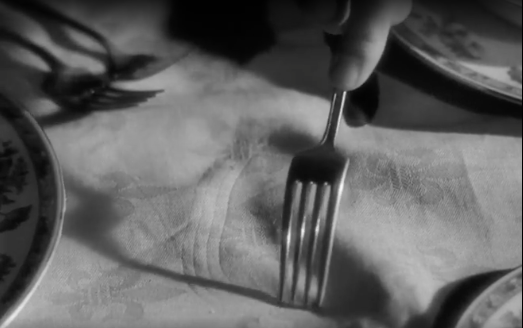
2. Robe
A romantic scene between the two characters turn into a moment of not knowing one’s own real identity. JB is struck by the lines and cannot even remember who he is because of the effect that this visual portrayal is having on his memory.
Just like the table cloth, this moment is static and there is no movement in this visual. The instances of not-remembering in the film are immobile.
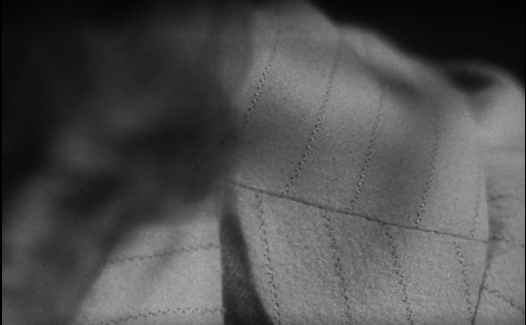
3. Train Tracks
What makes this metaphor outstanding is that it is a movement and a moment of remembering. As the two figures are riding on a train, the tracks strike JB’s attention and he remembers being in the army and some new remembrances appear to come up.
More moments can be listed from film which are also supported by camera movements and angles. Memory is divided into two visual portrayals of amnesia and remembrance. How the two moments are portrayed is done with various metaphors.
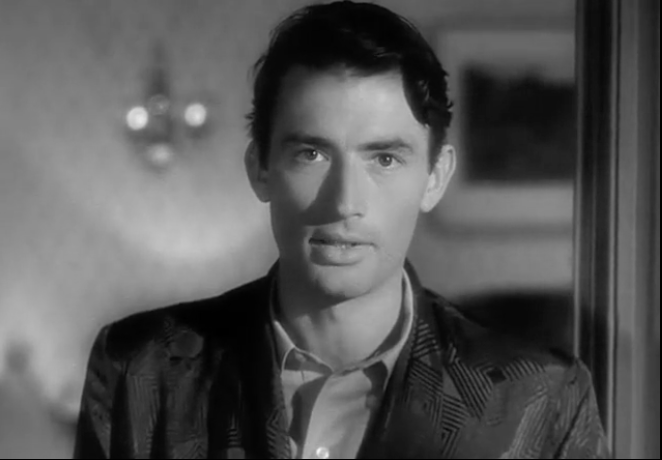



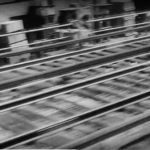
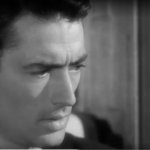
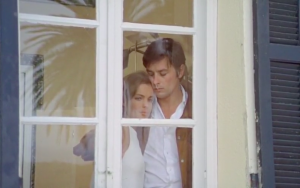
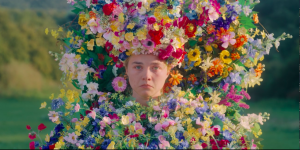
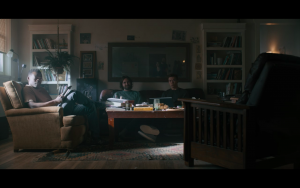
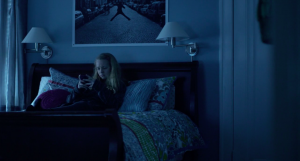
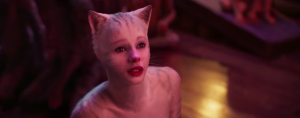
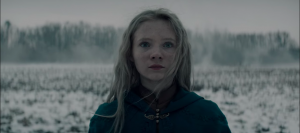
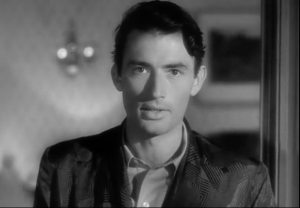



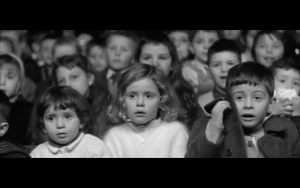
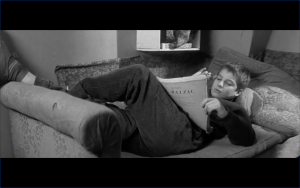
Leave a Reply